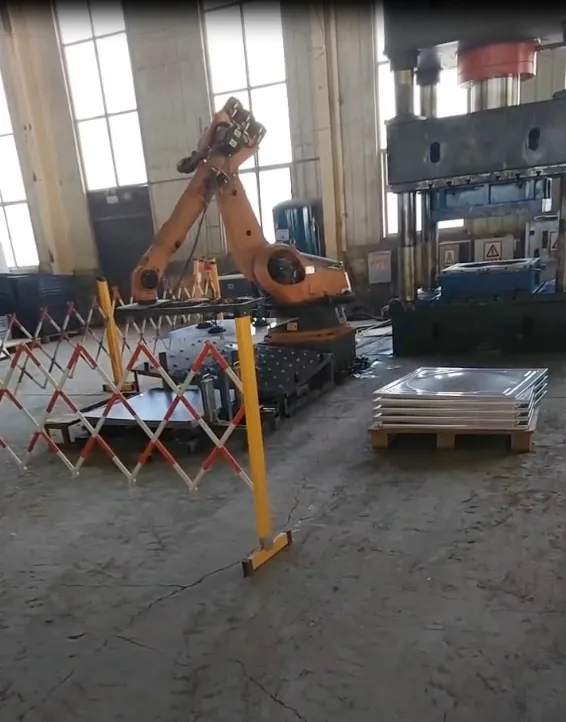loading...
- No. 9, Xingyuan South Street, Dongwaihuan Road, Zaoqiang County, Hengshui, Hebei, China
- admin@zjcomposites.com
- +86 15097380338
- Welcome to visit our website!
Well Pressure Tank - Efficient Water Storage Solutions
Understanding Well Pressure Tanks An Essential Component for Water Systems
Well pressure tanks play a crucial role in water supply systems, primarily in residential and agricultural settings. These tanks are integral to maintaining consistent water pressure and ensuring a steady flow of water from wells. Understanding their function and importance can help homeowners and operators efficiently manage their water supply.
A well pressure tank, often referred to as a pressure tank or water pressure tank, is designed to store water and maintain the pressure required for the distribution of that water. When a well pump draws water from the ground, it sends this water into the pressure tank. The tank is typically equipped with a bladder that separates the air and water within the tank. As water fills the tank, the air is compressed, creating pressure. This pressurized water can then be accessed through the plumbing system whenever needed.
One of the main advantages of having a pressure tank is the promotion of a steady water flow. Without a pressure tank, the well pump would need to turn on and off repeatedly to meet water demand, leading to wear and tear on the pump. This cycling can shorten the lifespan of the pump and increase energy consumption. With a pressure tank in place, the pump only operates when necessary, conserving energy and enhancing the overall efficiency of the system.
well pressure tank

Additionally, pressure tanks help prevent water hammer—a loud banging noise caused by sudden changes in water pressure when faucets are turned on or off. By providing a buffer for the water flow, these tanks mitigate pressure fluctuations, resulting in a smoother operation of household plumbing.
Choosing the correct size of a well pressure tank is essential for optimal performance. Factors such as household size, water usage patterns, and pump specifications influence the ideal tank size. A tank that is too small may lead to frequent cycling of the pump, while one that is too large can be unnecessarily expensive and take up valuable space.
Regular maintenance is also vital for ensuring the longevity and functionality of a well pressure tank. Checking the air pressure, inspecting for leaks, and monitoring the condition of the bladder are crucial steps in upkeep. Proper maintenance extends the life of the tank and ensures a reliable water supply for the home or farm.
In conclusion, well pressure tanks are an indispensable part of efficient water systems. Understanding their function and importance can help users make informed decisions regarding water management, ensuring both reliability and efficiency for years to come. Proper selection, installation, and maintenance of these tanks are key to enjoying a consistent and high-quality water supply.
-
GRP Structures: The Future of Lightweight, High-Performance EngineeringNewsJun.20,2025
-
FRP Water Tank: High-Performance Storage for Corrosive and Clean Water SystemsNewsJun.20,2025
-
FRP Square Tube: The New Industry Standard for Chemical and Structural ApplicationsNewsJun.20,2025
-
FRP Pultruded Profiles: The Ultimate Choice for Lightweight Structural StrengthNewsJun.20,2025
-
FRP Handrails: The Safer, Smarter, and Stronger Choice for Modern InfrastructureNewsJun.20,2025
-
FRP Grating: The Smart Solution for Durable, Lightweight Industrial FlooringNewsJun.20,2025
-
Why Choose a Galvanized Water Tank for Your Storage NeedsNewsMay.21,2025
